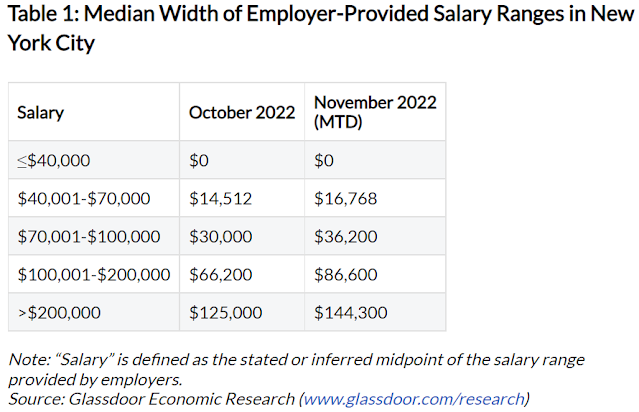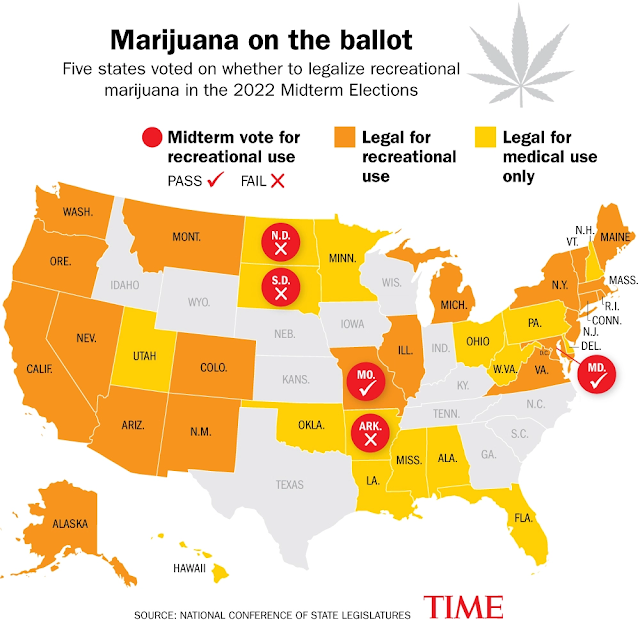Here's another report about the recent Senate Finance Committee hearing about UNOS, which includes a redacted version of the U.S. Digital Service report calling for UNOS's functions to be broken up. (UNOS, the United Network for Organ Sharing, is the federal contractor that runs the U.S. deceased donor transplant system.)
Transplant System Urgently Needs Overhaul, Experts Say— UNOS CEO skewered for alleged failures in management during a Senate Finance Committee hearing by Shannon Firth, Washington Correspondent, MedPage Today
"Members of the Senate Finance Committee and fellow witnesses roasted the head of the United Network for Organ Sharing (UNOS) during a hearing on Wednesday, over what Committee Chair Ron Wyden (D-Ore.) characterized as "gross mismanagement and incompetence."
...
"A report from the U.S. Digital Service issued last year determined that the network lacks the technical capacity to modernize the system. The report recommended that the contract for the system, worth $248 million, be separate from a contract for policy management, according to The Washington Post.
"Sen. Elizabeth Warren (D-Mass.), not one to mince words, told Brian Shepard, CEO of UNOS, "I'll just be clear. You should lose this contract. You should not be allowed anywhere near the organ transplant system in this country. And if you try to interfere with the process of turning the contract over to someone who can actually do the job, you should be held accountable for that."
HT: Frank McCormick
**********
And here is a Senate memo issued just prior to the hearing:
“A System in Need of Repair: Addressing Organizational Failures of the U.S.’s Organ Procurement and Transplantation Network”
"This bipartisan investigation began in February 2020 when then-Chairman Charles Grassley, then-Ranking Member Ron Wyden, Senator Todd Young, and Senator Benjamin Cardin sent a letter to UNOS expressing their concerns about the adequacy of patient safety standards and belief that OPOs are failing to recover thousands of viable organs each year. 16 The letter also highlighted an investigation by the Department of Health and Human Services, Office of Inspector General (HHS OIG) and news reports, shining a light on “lapses in patient safety, misuse of taxpayer dollars, and tens of thousands of organs going unrecovered or not transplanted,” leading to questions about the adequacy of UNOS’ oversight of OPOs.”17
"In 2021, the investigation continued under the leadership of now-Chairman Wyden and Ranking Member Grassley of the Senate Judiciary Committee with a series of bipartisan requests for information sent to HHS,18 CMS,19 HRSA, and the Office of Management and Budget. Staff also broadened the scope of the investigation to include concerns about the inadequacy of the OPTN information technology system and its impact on patients.
...
Based on documents and internal memoranda, the Committee found that:
• The OPTN is failing to provide adequate oversight of the nation’s 57 OPOs, resulting in fewer organs available for transplant.
• The lack of oversight by UNOS causes avoidable failures in organ procurement and transplantation resulting in risks to patient safety. These failures include testing procedure errors, transportation issues resulting in life saving organs being lost or destroyed in transit, and process and procedure failures.
• UNOS lacks technical expertise to modernize the OPTN IT system, resulting in risk of system interruption or technical failure with the potential to harm patients across the country."
...
"While not the sole focus of the Committee’s investigation, Senator Grassley and Senator Wyden’s staff also heard concerns from patients, transplant center staff, and OPO staff that UNOS lacks technological expertise or the willingness to develop and maintain an adequate IT infrastructure. Staff also heard concerns that the archaic IT system results in delays in placing organs, organs being discarded, and inaccurate data being used to place organs because of its dependence on staff manually entering hundreds of donor and transplant candidate data points rather than upgrading to systems better able to transfer data across Electronic Medical Record platforms.
"These concerns were validated in a report from the independent U.S. Digital Service (USDS), which is housed within the Executive Office of the President and provides consultation services to federal agencies on information technology.115 The report, titled Lives Are at Stake, states that UNOS has been able to wiggle through and around most new contract requirements for the OPTN technology by hand-waving at change with technical jargon, while making no substantive progress. The USDS also states that:116
• UNOS is incapable of modernizing the OPTN IT infrastructure;
• the core systems are fragile;
• OPTN technology limits policy development;
• UNOS is resistant to change; and,
• OPTN system is dependent on a disjointed and inadequate user experience.
"Ultimately, USDS determined that these technological failings are in fact placing lives at stake and recommended that HHS take action to create a better organ transplant system and enable better patient outcomes, including updating NOTA to create flexibility in how the OPTN is serviced by contractors."
...
"Based on the investigation’s findings, Committee staff makes the following recommendations to improve the OPTN:
• Remove barriers to competition by removing the specific requirement for HHS to contract only with a “non-profit entity that has an expertise in organ procurement and transplantation;”
• Increase the pool of potential bidders by clarifying that the OPTN functions described in NOTA and subsequent amendments may be operated by more than one contractor, since few contractors will have adequate clinical knowledge and expertise in IT, policy development, and data collection and reporting, and policy compliance activities;
• Promote innovation in all OPTN functions (e.g., policy development, compliance and patient safety mentoring, IT infrastructure, coordinating transport of organs, etc.) as the best qualified entities with distinct skill sets could compete for contracts for these functions;
• Remove a major barrier for entry for bidders by providing authority for HHS to procure a government owned, contractor operated modern IT system to facilitate the OPTN functions;
• Increase security and innovation in the OPTN system by ensuring the new IT system is based on current technologies and operated and maintained by a contractor with adequate IT knowledge and experience;
• Ensure the continued viability of the OPTN by authorizing HHS to collect fees from transplant hospitals when adding a patient to the national organ transplant waitlist. This would replace a current fee structure authorized by regulation which is not flexible enough to provide funding for multiple contracts;
• Increase transparency and accountability for chain of custody and transportation of organs procured for transplant by providing for public reporting, as appropriate, on the status of organs in transport; and,
• Increase accountability for organs lost, damaged, or delayed in transport by requiring oversight and corrective action for such incidents.
**********
Earlier:






